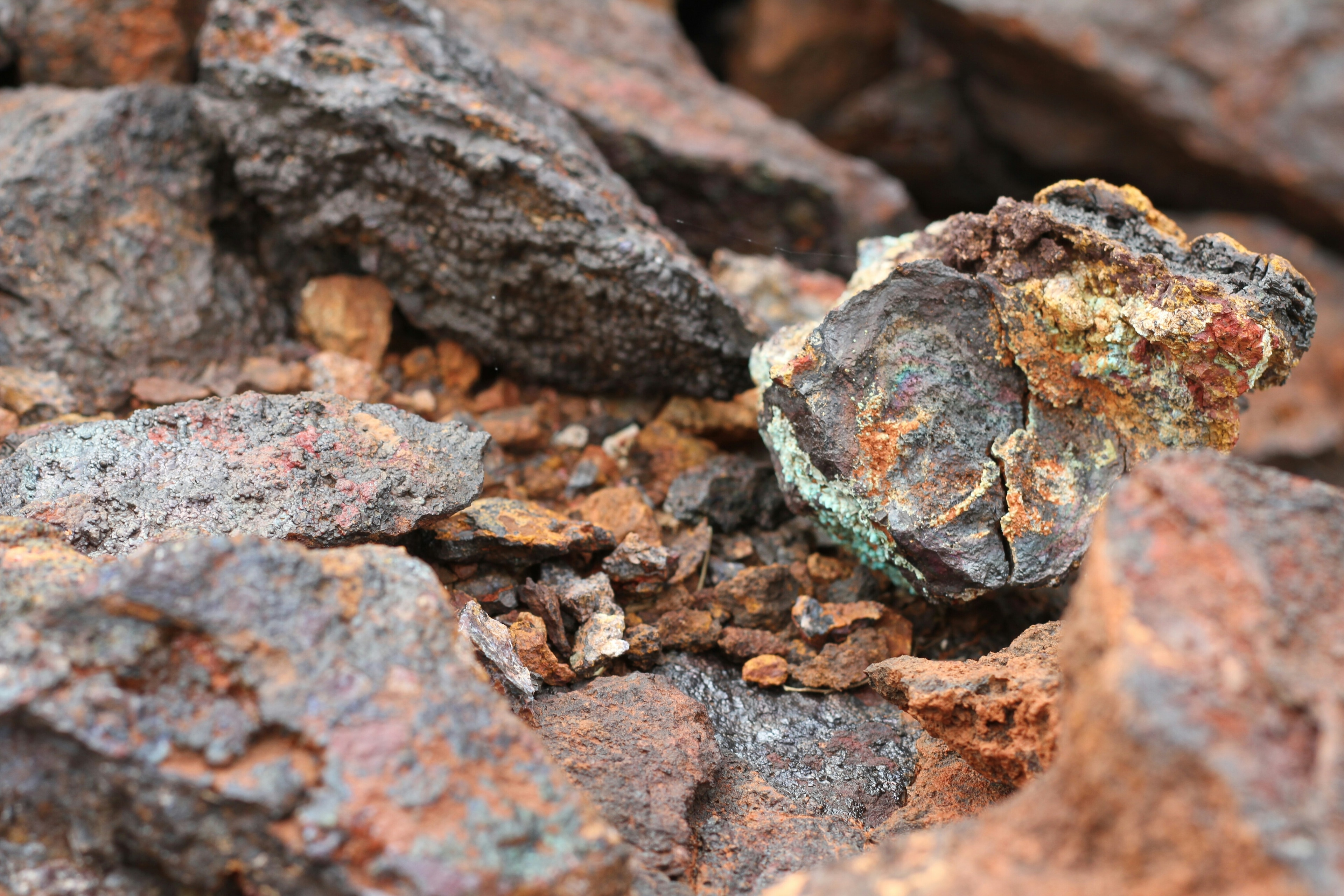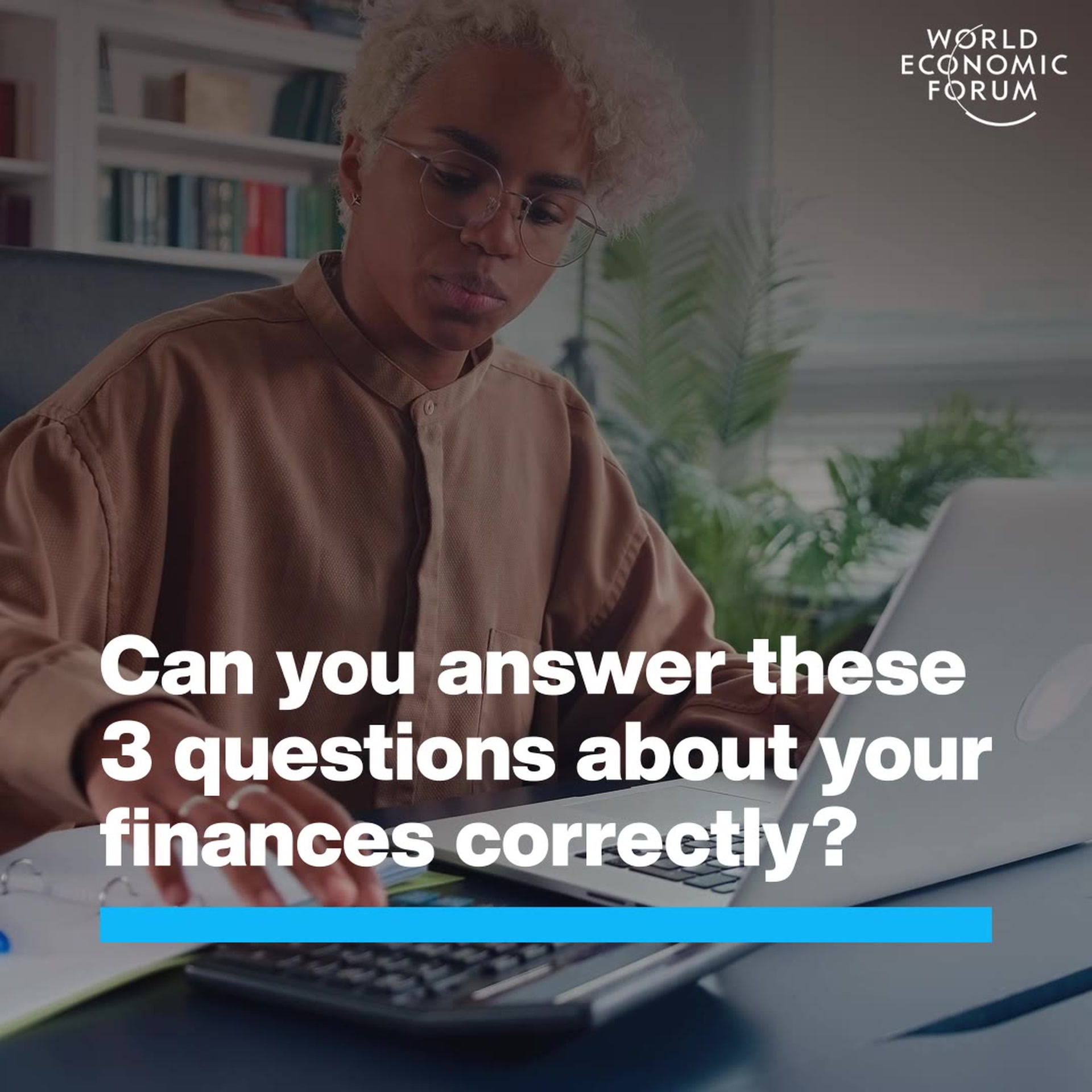Why we need a new approach to development finance


Get involved with our crowdsourced digital platform to deliver impact at scale
Stay up to date:
Financial and Monetary Systems
As financing for development talks wrapped up last week in Addis, many conversations revolved around the “how much” as well as on the “how” of achieving universal sustainable and inclusive development in the post 2015 context. Work in the natural resources arena has valuable lessons to offer.
There is a growing consensus that a new approach is needed to meet the financial needs of developing countries to ensure sustainable, inclusive and resilient growth paths. We all know that Official Development Assistance (ODA) finance is limited and cannot address the massive investment needs of countries. In addition to increased domestic resource mobilization, the more effective engagement of a variety of players, especially from private sector, NGOs, and philanthropic organizations, will be key to close the finance gap.
The World Bank has long been the host of innovative funds. In the forest and landscapes sector for example, the Bank has played a major role in piloting models and instruments to tackle deforestation and degradation trends in developing countries. We house the Forest Carbon Partnership Facility, the Forest Investment Program, the BioCarbon Fund Initiative for Sustainable Forest Landscapes, and the Program on Forests. These Trust Funds have played a decisive role over the past decade in laying the foundations for improved management and governance of the natural assets of countries, building up institutional and technical capacities and systems. However, each has distinct rules and governance structures, creating a fragmented financing landscape that has high transaction costs for us and our counterparts.
As more financial resources are being pledged to support the forest and climate change agenda, development partners are looking at the World Bank to scale up its activities and transform forest landscapes.
The World Bank Group is developing a new business model based on a more programmatic, country-specific approach that would achieve greater strategic coherence and simplify how a country accesses various sources of funding in support of the sustainable management of its forest landscapes. A new Forests Action Plan that lays out how our work on forests and trees will contribute to resilient and sustainable landscapes is also being developed, building on the current Forest Strategy.
Internally, we are working with colleagues to adjust our administrative processes in support of a programmatic approach by reducing decision points and combining various financing modalities such as up-front investments, technical assistance and performance-based payments. A model in this regard is the work being done in Mexico, where a program on forests and climate change leverages almost $500 million in World Bank financing from various sources. The program is the result of almost 20 years of continuous and innovative support to the forestry and related sectors, and strives to deliver results at an unprecedented scale (the project area covers 30 million hectares, about the size of Ecuador, and more than 3,000 communities and ejidos nationwide) by bringing together various financing sources and analytical work in a coherent and coordinated manner.
By streamlining the steps needed to get resources where they are needed most, I am convinced we can ensure long-term sustainable development for countries and communities in well-managed forest landscapes, and contributors to our programs and facilities will see greater bang for their development buck.
This post first appeared on The World Bank Voices Blog.
Publication does not imply endorsement of views by the World Economic Forum.
To keep up with the Agenda subscribe to our weekly newsletter.
Author: Paula Caballero is Senior Director, Environment and Natural Resources Global Practice.
Image: The well-head of one of the first exploratory oil wells sunk in southern Chad in 1974 stands in a forest clearing near the village of Niandoum. REUTERS
Don't miss any update on this topic
Create a free account and access your personalized content collection with our latest publications and analyses.
License and Republishing
World Economic Forum articles may be republished in accordance with the Creative Commons Attribution-NonCommercial-NoDerivatives 4.0 International Public License, and in accordance with our Terms of Use.
The views expressed in this article are those of the author alone and not the World Economic Forum.
Related topics:
The Agenda Weekly
A weekly update of the most important issues driving the global agenda
You can unsubscribe at any time using the link in our emails. For more details, review our privacy policy.
More on Financial and Monetary SystemsSee all
Meagan Andrews and Haleh Nazeri
May 3, 2024
Reese Epper, Brad Handler and Morgan Bazilian
April 29, 2024
Joe Myers
April 26, 2024







